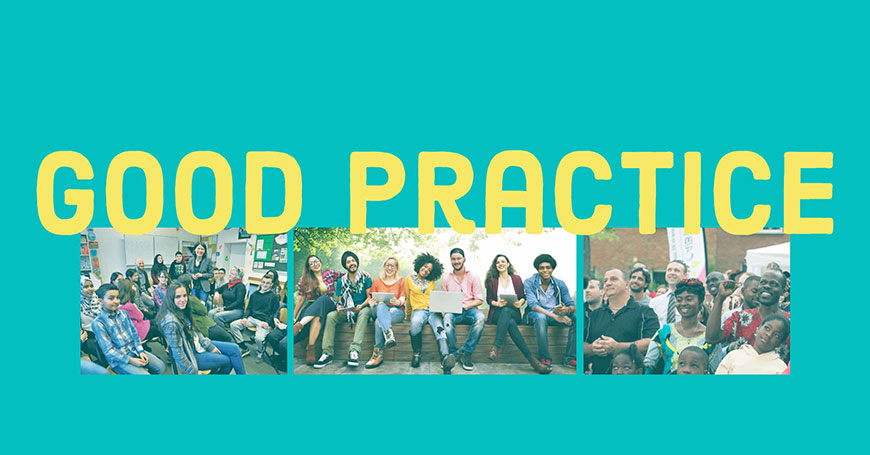Intercultural cities: good practice examples

The first step is the adoption (and implementation) of strategies that facilitate positive intercultural encounters and exchanges, and promote equal and active participation of residents and communities in the development of the city, thus responding to the needs of a diverse population. The Intercultural integration policy model is based on extensive research evidence, on a range of international legal instruments, and on the collective input of the cities member of the Intercultural Cities programme that share their good practice examples on how to better manage diversity, address possible conflicts, and benefit from the diversity advantage.
This section offers examples of intercultural approaches that facilitate the development and implementation of intercultural strategies.
Valuing multilingualism
Purpose: The city of Sabadell provides a variety of services in the field of language competences. First, there are programmes targeting women and youngsters to improve language skills. In...
Anti-rumour toolkit for young people
Purpose: This manual aims to provide a specific response to professional teams (educators, teachers, tutors, etc.) who work with young people in order to be able to develop anti-Rumour actions and...
Diversity-Day
Purpose: Promote diversity within organisations and societies Process: At the initiative of the Diversity Charter, “Diversity Day” was launched in 2013 and since then has taken place annually in...


